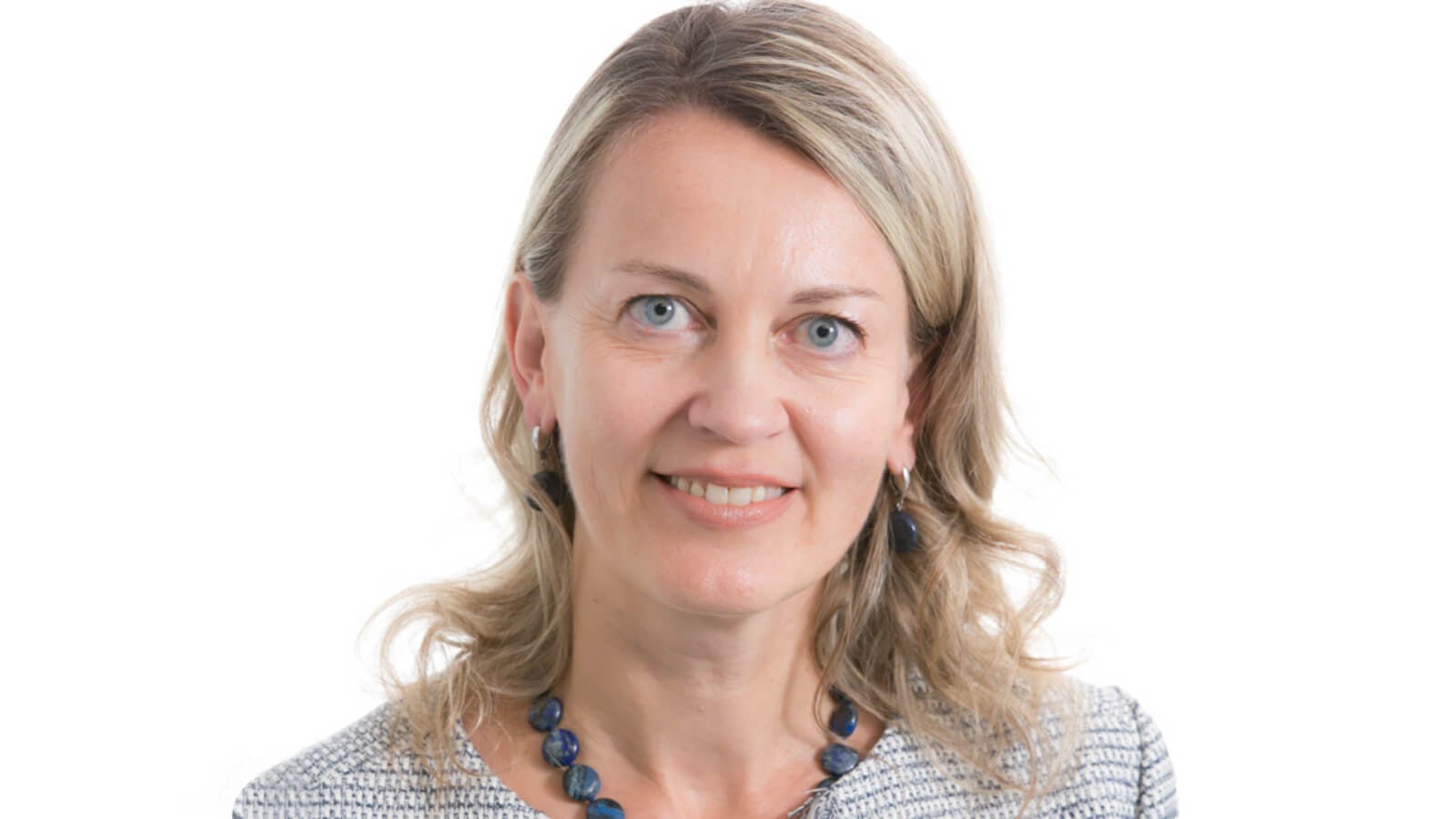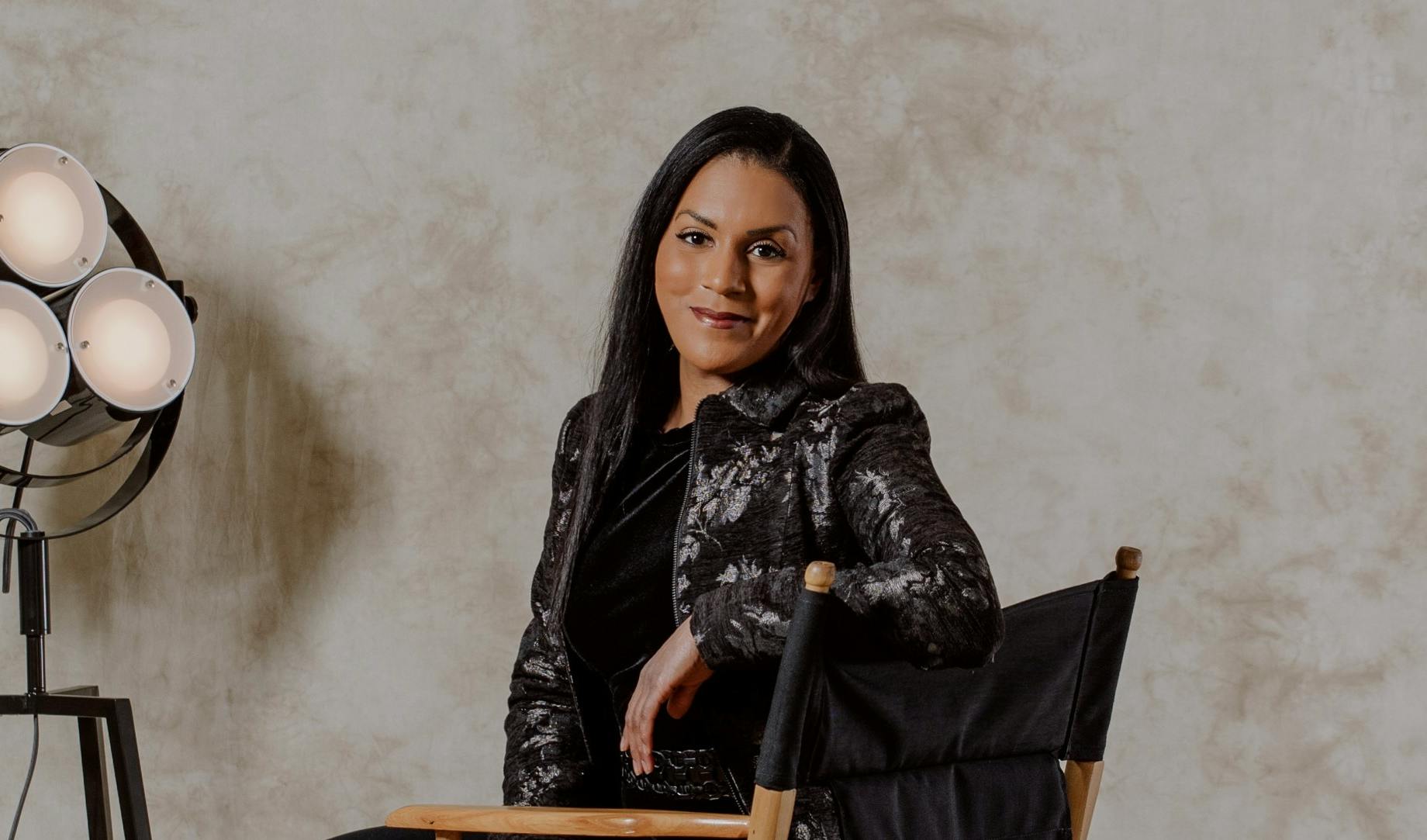
Luba Nikulina, Head of Research at Willis Towers Watson on why it’s worth waiting for the right NED role
Luba Nikulina, now Global Head of Research, has worked for Willis Tower Watson for almost 15 years. She recently secured her first Non-Executive Role via Nurole after months of preparation and deliberation.
Ms Nikulina did not want any NED role, she wanted the right NED role. Working for Willis Towers Watson [WTW], which advises on over $2.6tn and manages $130bn of assets on behalf of its clients across the world, meant there was often a conflict of interest when positions came up. Her team is responsible for finding the best asset management firms in the world and across different asset classes and recommending them to WTW’s clients. We talk about how to get onto the NED ladder and the key aspects of her job, which often revolve around sustainability, engagement and governance. Are asset managers, and indeed other companies, taking these criteria seriously? Is it all about returns? Via Nurole she became a Non-Executive Director for The Investor Forum [TIF].
When did you first hear about Nurole? How was your experience?
I was looking for a Non-Executive role and a friend of mine recommended it. It allowed me to customise the type of roles I was looking for. Also, the quality of the organisations that post roles on Nurole is high. The application process was very user-friendly. There were targeted questions, but it wasn’t boring, like other questionnaires. I was continuously informed during the process, so it was generally a very positive experience.
Is this your first NED role?
Yes, it is.
How long have you been looking for one?
The first is relatively hard to get if you want a high-quality position, which is also interesting and relevant. I did a NED training course last year. Then I started looking for an opportunity. I took me almost a year. There were a limited number of roles I could apply for, being in full-time employment. A few I couldn’t take because of conflict [of interest].
How was this role different?
There was an alignment of purpose. They [TIF] are trying to improve the industry and the quality of stewardship and how owners engage with companies they own. This is something that we strongly advocate for [at WTW] and tell our clients about.
Engagement, governance, sustainability - you have talked about these things in the past. Have companies’ attitudes really changed over the years?
There are positive trends, even looking back five years. The level of attention and the activities undertaken in this space are all positive. Plus, there is new regulation related to sustainability here in the UK and also in the EU, which has led to more action from asset managers and asset owners and that’s positive.
On the negative side, those three things can be used either as a tick box exercise or a marketing opportunity. There is quite a bit of “green washing” going on at the moment.
In my job, we try to understand where the change is, whether it is just on the surface, or asset management firms are actually doing more in this area and directing their capital into opportunities that have more positive, sustainable characteristics.
So how do you make a long-term impact?
Sustainability should be practised by everyone. It is the best way to achieve attractive risk-adjusted returns in the longer term. For some of our clients, it is very much at the forefront of what they do, but then there are still many asset owners where you have to go through education and terminology and explaining the whole concept. This is not about sacrificing financial returns. In fact, it’s an opportunity to enhance financial returns and to manage risk.
Do people leave businesses purely because of those criteria missing?
Yes, it’s happening.
You also do a lot of so-called engagement work. What does it mean, what are the benefits and who stands to gain what?
It’s all about how you add value beyond short-term financial returns. It’s quite interesting to observe the dynamics because at the moment there is a lot of pressure for shareholders to engage with their underlying businesses, but the scope of engagement, and this is quite important, tends to get narrowed down to short-term tactical issues, quarterly results, executive compensation. Not nearly enough time is spent on strategic topics and culture which are much more impactful in the longer term.
When we assess asset management firms, we spend a lot of time on culture assessment. It had taken us a lot of time to come up with a consistent culture assessment framework and train our team on how to implement it consistently and what represents best practice but now it’s a powerful tool in our assessment arsenal that allows us to differentiate future winners in the asset management world from everyone else.
A few quickfire questions...
The best career advice you have been given?
Don’t be afraid to take risks. A couple of career moves that were not obvious at the time played out really well.
The biggest career break?
There have been a few and many of them were related to learning new things. Getting an MBA from the London Business School, doing the Advanced Management Program at Harvard. I’m a strong believer in continuous education.
What are you reading?
There is no Planet B by Mike Berners-Lee. It’s about sustainability and it has a lot of very useful facts for everyone.
Your last holiday?
Norway.
How do you wind down?
Running. I also like mountain biking.
When did you last cry?
I can’t remember.
Your favourite app?
Runtastic.
Nurole is the global platform changing the way organisations bring the best people on to their boards. Find out how it works for talented people looking for the best board level positions, and for organisations looking to hire the best board level talent.





